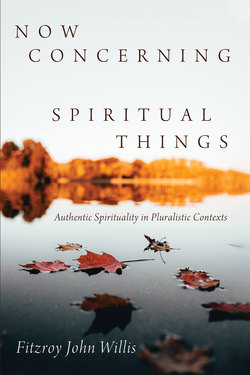Описание книги
In a pluralistic world of competing truth claims, how can one discern what is truly representative of God? How can we live and communicate what is authentically «spiritual?» How do we bridge the religious impasse between believers and a post-Christendom and pluralistic context where individuals may consider themselves to be spiritual, yet are offended by the person of Jesus? Can relativism be an effective means of evaluating truth from falsehood? What role should race, gender, and socioeconomic background play in society and the church? These are just a few of the questions this study addresses in presenting a more balanced, dialogical, and biblical criterion for authentic spirituality. The insights on how to discern, live, and communicate what is authentically spiritual are significant for interreligious and ecumenical dialogue across denominations. These insights contribute a way to more effectively communicate divine truths to all, for it is conversant with various sources of knowledge about God and is accountable to feedback from these sources of truth. For example, tacit knowledge such as that derived from faith, and spiritual gifts, as well as rational, or philosophical claims to truth, along with Western, Eastern, and Southern modes of thinking, are all incorporated.
